Herbal Friends
Herbal teas are great allies in pregnancy and beyond. Many common herbs are chock full of minerals and vitamins, making em a satisfying way to increase nutrition with every sip of tea.
Herbal teas are great allies in pregnancy and beyond. Many common herbs are chock full of minerals and vitamins, making em a satisfying way to increase nutrition with every sip of tea.
Our recipes are developed under the caring guidance of an RDN (Registered Dietitian Nutritionist) in addition to a Licensed Midwife in good standing with the California Medical Board who’s also a Certified Professional Midwife as granted by the North American Registry of Midwives and a professional Lactation Consultant as certified by the IBCLC (International Board of Lactation Consultant Examiners). While we refer to trusted sources from peer-reviewed medical journals to information from highly regarded worldwide health institutions, this website is not intended to replace medical advice. Consult your personal midwife, doctor, or nutritionist with health questions related to your pregnancy and postpartum journey.
You’ll find a library of beneficial herbs outlined below. Please note:
— Unless otherwise noted, all herbs are dried.
— Amounts listed are in “food consumption” tablespoons as opposed to “medicinal” grams.
— Individual herbs can star in a standalone drink or be used to create your own personal blend! Simply steep 1 tablespoon of your choice in 8-10 ounces of boiling water.
— We encourage you to consume ethically harvested, wildcrafted, and organic herbs when possible. Mountain Rose Herbs is a stellar resource for buying bulk dried herbs or support your local herb or tea shop.
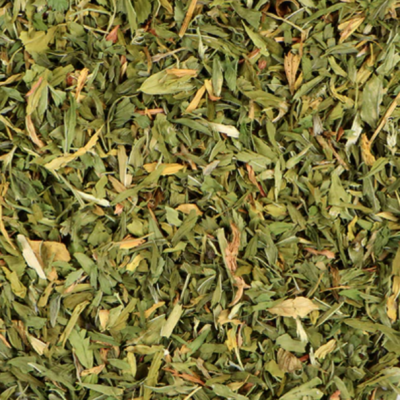
Yep, the same alfalfa we grow for livestock and to replenish the soil. That one. We use the aerial parts in tea. What’s an aerial? Good question. Anything above ground is considered aerial; so leaves, stems, seeds and/or flowers. This herb tones and helps digestion. It increases appetite and is nutrient-dense. It can help with iron-deficiency anemia and as a general blood building tonic as it’s high in chlorophyll. Later on, it can help establish your milk supply when you’re breastfeeding too. Folx with Lupus should steer clear.
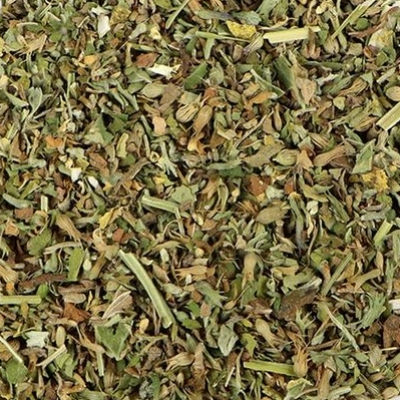
Again, just leaves and flowers for the tea. Catnip is a mild sedative and nervine that helps alleviate anxiety and insomnia. It’s been said it helps with afterbirth pains and can be used for mild stomach upset as well. There are no known contraindications*, so if you’re having a tough time sleeping, try this herb in your tea an hour before bed.
*A condition or factor to withhold certain medical treatment due to the harm it may cause the patient.
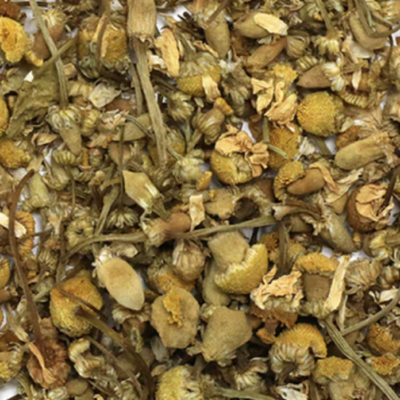
If allergic to ragweed, avoid Chamomile. But if not, this herb is exceptional at treating anxiety, restlessness, inflammation of joints, and insomnia. It aids digestion and tummy troubles too. For generations, it’s been given as a weak tea to newborns to help with colic and indigestion—just a teaspoon or so in 8-10 ounces of boiling water is plenty.
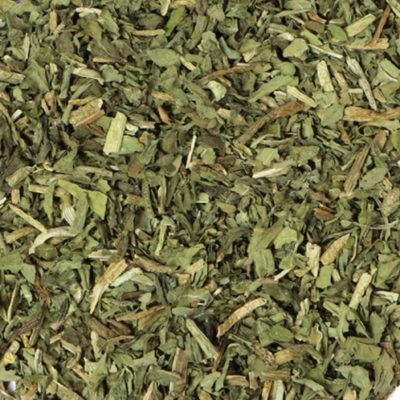
Both the root and the leaf are used in this herb. Generally, the leaf is more often found in tea blends. It’s a powerhouse! If you come across fresh leaves, they can be cooked like spinach. The root is especially good for supporting the liver, so if you’re prone to PUPPPs or at risk for preeclampsia, talk to your care provider about adding in dandelion root tea. Both the leaf and root can be used to treat nausea and vomiting, breast pain, and constipation. Dandelion has also been used to ensure a plentiful supply of milk when breastfeeding. This herb contains Vitamins A, B, C, and D as well as iron, potassium, zinc and choline. The inulin and bioflavonoids in dandelion encourage a healthy gut microbiome and support the vascular system. Please avoid dandelion if you have any gallbladder or liver issues.
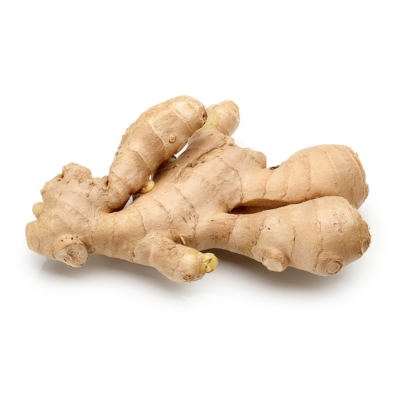
Ginger does it all from treating nausea and vomiting to soothing tummy troubles of all sorts. It also aids digestion and treats gas and bloating. Use fresh root for teas—1 tablespoon grated in 8-10 ounces of water. If you’re experiencing severe nausea, consider sipping a spoonful at a time. Ginger can have a hypoglycemic effect, so be mindful of lightheadedness.
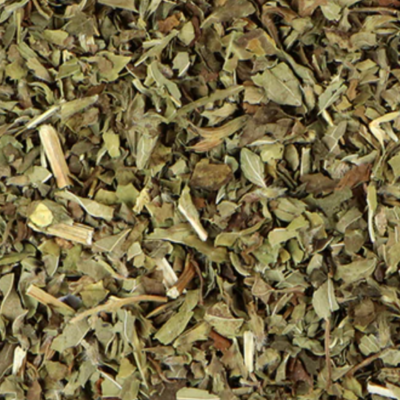
Lemon balm is a wonderful soothing herb for pregnancy and beyond. Use the leaf. It’s great to help settle nerves, anxiety, irritability, and insomnia. It helps improve sleep and even mild depression. This herb contains flavonoids and Vitamin C, potassium, magnesium, and calcium. Lemon Balm is contraindicated* if you have hypothyroidism.
*A condition or factor to withhold certain medical treatment due to the harm it may cause the patient.
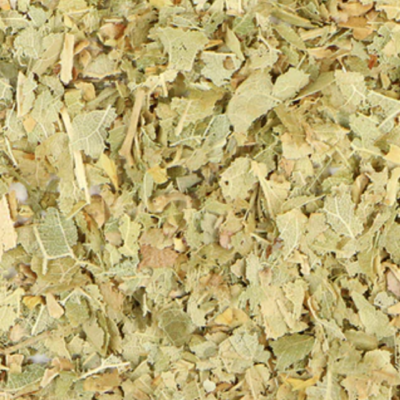
Linden flowers are a pleasant tasting herb useful in cases of insomnia, mild depression, and anxiety. A gentle sedative, it’s a helpful remedy for sleeplessness. It can also have a diuretic effect, so avoid use in medicinal amounts*.
*Medicinal amounts are relatively LARGE amounts — think grams. Food amounts are very small — think tablespoon, milligram, etc.
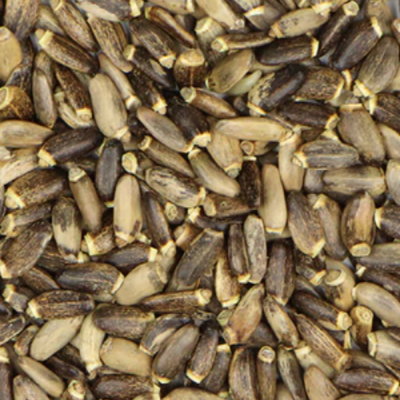
Pregnancy can be hard on the internal organs—there’s natural stress in growing another human. The seeds of the milk thistle plant are liver protective, so they can be helpful for PUPPPs [Pruritic urticarial papules and plaques of pregnancy in the United States, also known as polymorphic eruption of pregnancy (PEP) in the United Kingdom)] and to avoid preeclampsia. It can cause hypoglycemia, so use with caution. And it should be avoided in mamas with allergies to ragweed.
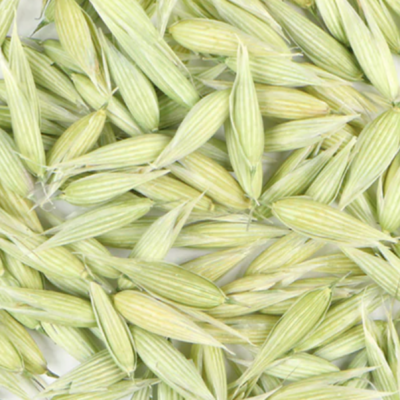
The entire oat plant is amazing for the pregnant body. A steaming bowl of oats with nuts, seeds, and berries is a great way to start your day. Milky oats are the hulls (seeds) of oats that are harvested early. They’re high in Vitamins B and E, calcium, and magnesium. A nutritious herb used as a mild sedative and to soothe the nerves, Milky Oats serve as a great digestive aid.
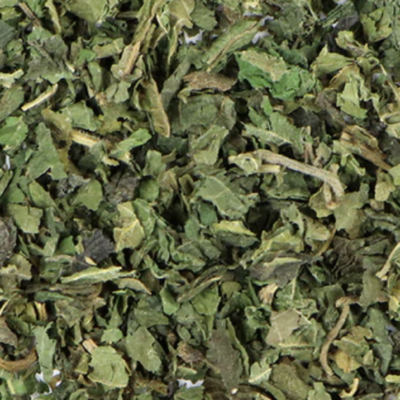
Nettles are considered a foundational herb for all tea blends in pregnancy. A powerhouse of nutrition, it contains Vitamins A and C, iron and calcium, as well as folate. Nettles are slightly diuretic and have a stabilizing effect on blood glucose. They’ve long been used as a gentle tonic to treat iron deficiency anemia, fatigue, and varicosities.
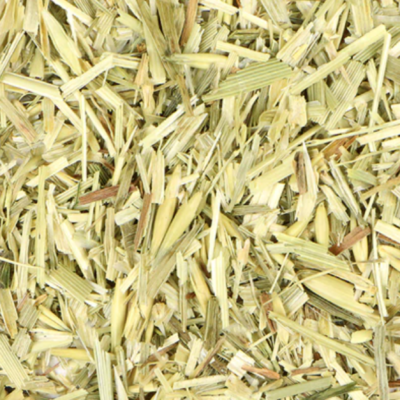
Oatstraw is the stem of the oat plant. Just like alfalfa, it’s used for livestock because it’s extremely nutritious. Offering relief for anxiety and depression, Oatstraw promotes general wellness. It also helps to regulate the endocrine system, and has been used in women’s formulas for generations. Please avoid if you have celiac disease.
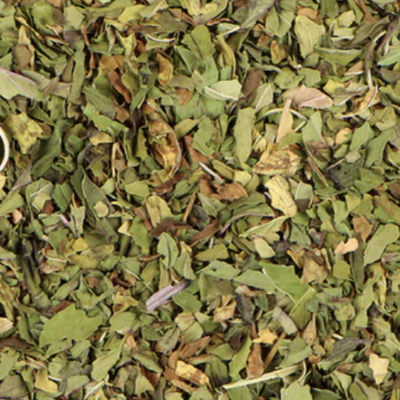
A smart addition to most tea blends for taste as well as therapeutic properties, the Peppermint leaf treats nausea and vomiting. A reliable digestion aide, Peppermint contains Vitamins A and C as well as calcium, potassium, and folate.
Peppermint tea may boost energy, may relieve nausea and constipation, is beneficial if you’re a mama with gestational diabetes. Avoid peppermint tea if experiencing heartburn.
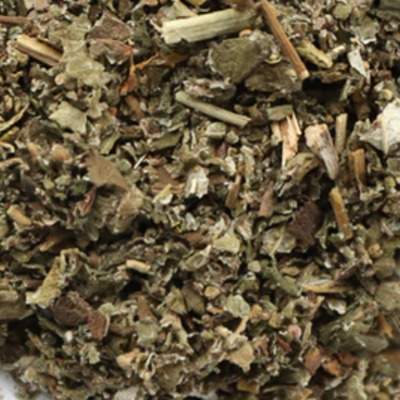
A quintessential herb for pregnancy health and chock full of nutrients, it’s often used as a foundational herb for tea blends. This leaf is rich in calcium, iron, and magnesium, along with Vitamins A and E. Be aware, in rare cases it can cause nausea or overstimulation of the uterus.
Red raspberry leaf tea may relieve nausea and constipation, is beneficial if you’re a mama with gestational hypertension, and is anecdotally believed to be lactogenic. Red raspberry leaf tea may shorten the average length of labor—but not necessarily shorten the duration of pregnancy.
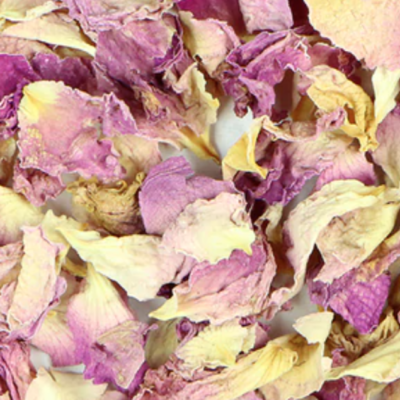
High in Vitamin C and antioxidants, Rosehips (the seeds of the rose plant) and rose petals are often used as flavorings for tea blends.
This is a subscription feature. Please subscribe or log in to your account.
Close